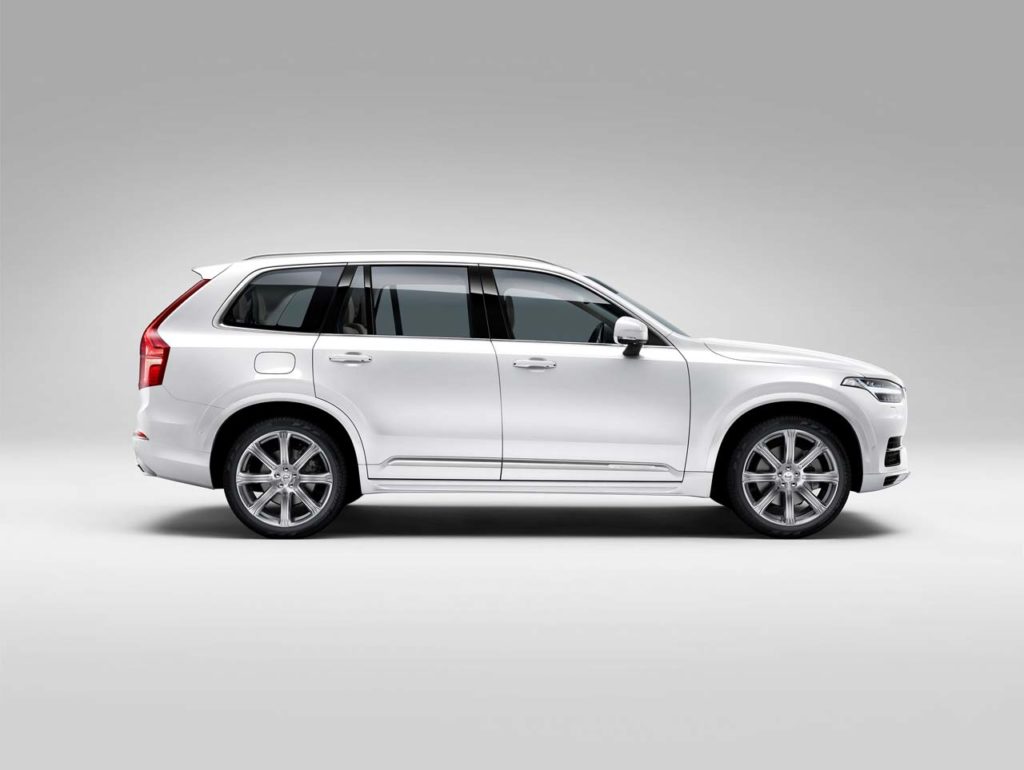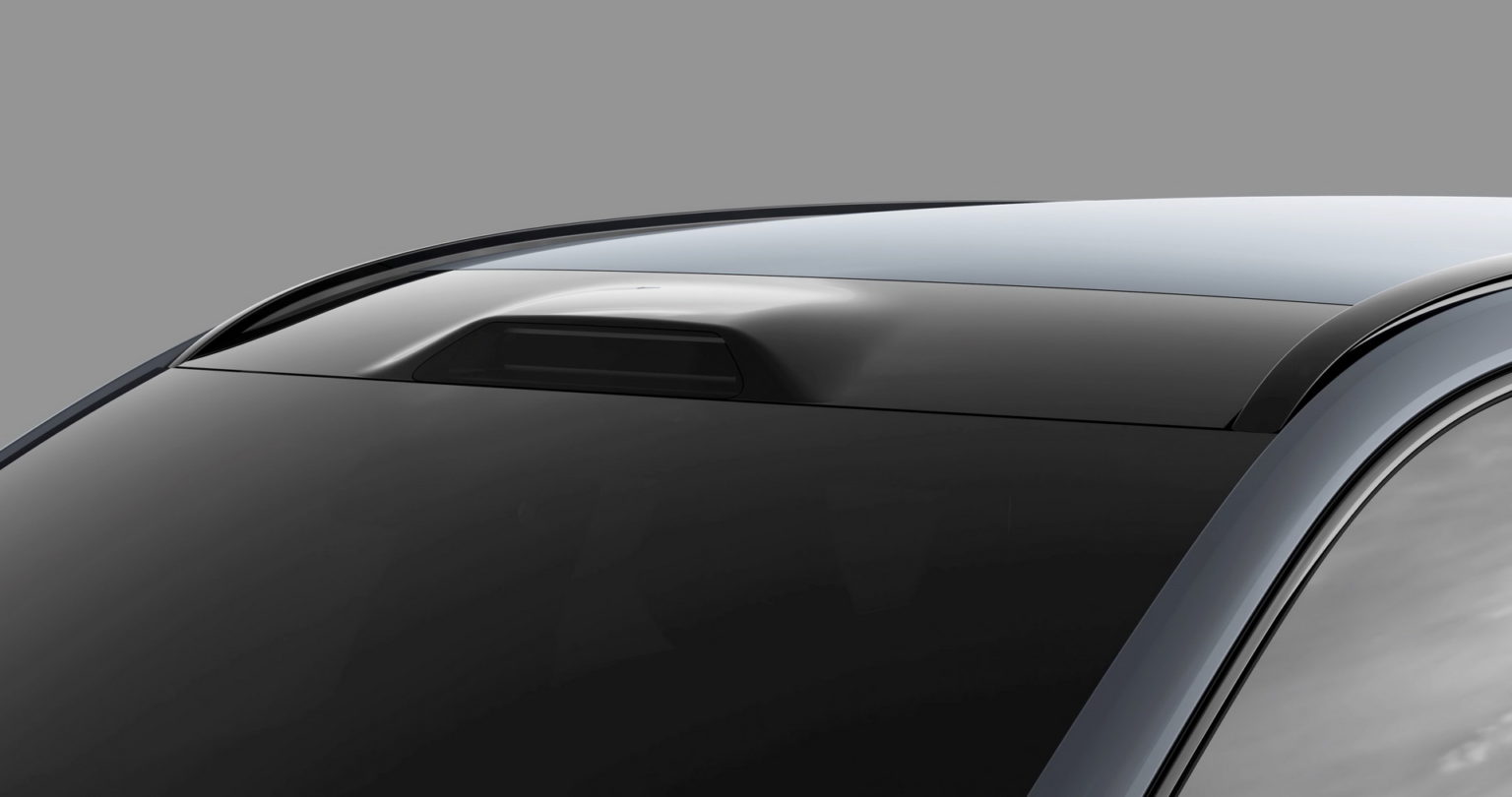Volvo has historically been one of the brands that have paid the most attention to the safety of its vehicles. The firm, which has turned this concern for security into a corporate philosophy, continues to be a reference in this section despite the arrival of rivals such as Tesla, which is also reaping exceptional results in crash tests around the world.
Today, the Swedish brand has announced that its new generation vehicles (that is, from 2022) will be equipped with LiDAR sensors. A very expensive technology that until now was reserved for autonomous test vehicles. Firms like the aforementioned Tesla have rejected the LiDAR due to its high price, relying on cameras, radars, and ultrasonic sensors to develop their Autopilot.
However, Volvo believes that this technology is ideal for offering an advanced level 3 “Highway Pilot” in its models based on the modular SPA2 platform. The SPA2 platform will be released by the third-generation XC90 SUV (which It will have mild-hybrid, plug-in hybrid and 100% electric versions) and for the Polestar 3 (which will only be available as pure electric). The Highway Pilot will gradually improve its capabilities through OTA updates, following Tesla’s lead with the Autopilot.
Volvo will employ LiDAR sensors developed exclusively by its partner Luminar. A company in which the Swedish brand made a significant investment in 2018. Luminar LiDARs used by Volvo will focus on long-distance vision, offering a higher level of detail about road conditions compared to the classic radar. Henrik Green, chief technology officer for Volvo Cars, states:

“Soon, your Volvo will be able to drive autonomously on the highway when the car determines it is safe to do so. At that point, your Volvo will be responsible for driving and you can relax, take your eyes off the road and your hands on the wheel. Over time, OTA updates will expand the areas where the car can drive on its own. For us, a safe introduction to autonomous driving is a gradual introduction.”
The luminar LiDAR will be integrated into the roof of Volvo vehicles, just above the windshield. This will ensure that the aerodynamics are not affected. On the other hand, it is confirmed that Volvo models will use radars, cameras, and ultrasonic sensors in addition to LiDAR.

